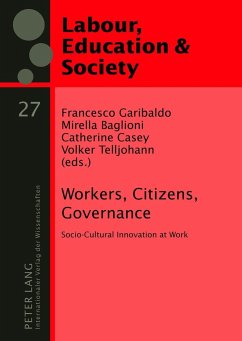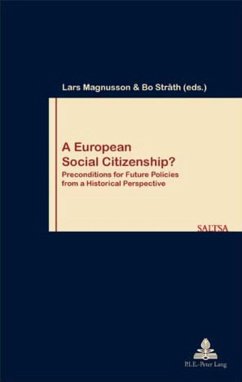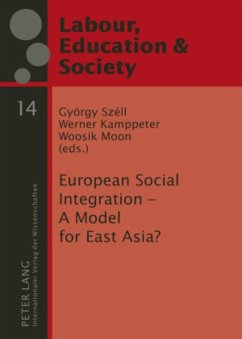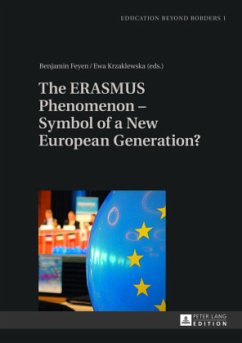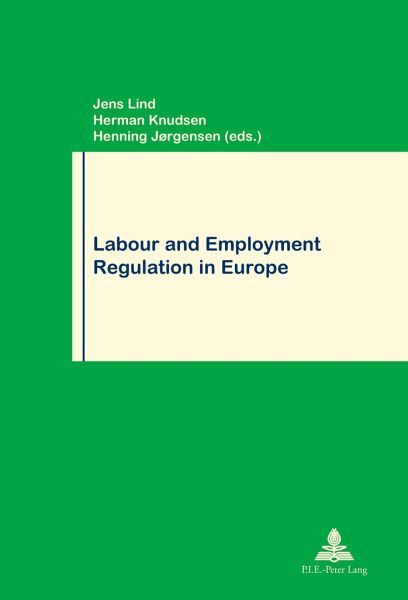
Labour and Employment Regulation in Europe
Versandkostenfrei!
Versandfertig in 6-10 Tagen
68,95 €
inkl. MwSt.

PAYBACK Punkte
0 °P sammeln!
Ever since the 'golden age' of labour peaked around 1970, organised labour has been progressively weakened in Europe and elsewhere. The end of the era of welfare state expansion and increasing levels of social security constitute a potential threat to social cohesion in Europe. Concern about labour interests and social inclusion is very much an issue in the Europe of the early 21st century. This is the main theme of this volume, which includes original and interesting articles dealing with conditions and developments in trade union organisation and conduct in the representation of workers' int...
Ever since the 'golden age' of labour peaked around 1970, organised labour has been progressively weakened in Europe and elsewhere. The end of the era of welfare state expansion and increasing levels of social security constitute a potential threat to social cohesion in Europe. Concern about labour interests and social inclusion is very much an issue in the Europe of the early 21st century.
This is the main theme of this volume, which includes original and interesting articles dealing with conditions and developments in trade union organisation and conduct in the representation of workers' interests. Industrial and occupational changes have not only threatened the traditional strongholds of trade unionism but also compelled unions to apply new strategies in representing their interests. Another focus of the book is political regulation of the labour market: the relevant articles highlight the failures and successes of the European Employment Strategy with special emphasis on activation schemes and overall strategies for establishing a shared commitment in Europe to achieving sufficient competitiveness by means of a flexible labour market.
This is the main theme of this volume, which includes original and interesting articles dealing with conditions and developments in trade union organisation and conduct in the representation of workers' interests. Industrial and occupational changes have not only threatened the traditional strongholds of trade unionism but also compelled unions to apply new strategies in representing their interests. Another focus of the book is political regulation of the labour market: the relevant articles highlight the failures and successes of the European Employment Strategy with special emphasis on activation schemes and overall strategies for establishing a shared commitment in Europe to achieving sufficient competitiveness by means of a flexible labour market.






